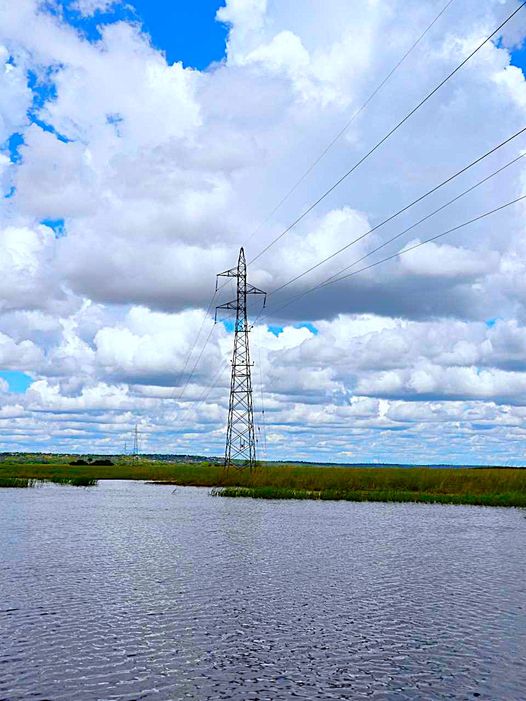Zambia Adopts Multi-Pronged Approach to Address Energy Crisis in 2025 Budget
The Zambian government has unveiled a comprehensive strategy to address the ongoing electricity crisis, according to the 2025 National Budget speech delivered by Finance and National Planning Minister, Dr. Situmbeko Musokotwane. The energy sector remains a top priority, with a focus on mitigating the impact of reduced hydropower generation caused by climate change.
Dr. Musokotwane acknowledged that Zambia’s reliance on hydropower, which accounts for 84% of the country’s electricity supply, has made it vulnerable to climate-induced droughts. Currently, the country is generating only 1,225 megawatts of electricity, far below the installed capacity of 3,811 megawatts, leading to widespread power shortages.
To counter this deficit, the government is employing several key measures. These include importing power from neighboring countries such as Mozambique, Namibia, South Africa, and Zimbabwe, and promoting off-grid energy solutions such as industrial generators and solar power systems. Public institutions, including hospitals, schools, and markets, are being equipped with solar systems to ensure continued services.
Zambia has also embarked on significant infrastructure projects to bolster its energy mix. A new thermal power plant in Maamba will see its capacity doubled to 600 megawatts by next year. Additionally, state utility ZESCO and private investors are establishing solar power stations across the country, with projects in Chisamba (100 MW), Choma (50 MW), Kasama (100 MW), and Kariba (100 MW).
The government is further encouraging private energy generation through its net-metering initiative, which allows consumers to supply excess electricity back to the national grid. In an effort to attract investment and streamline energy project approvals, the Energy Single Licensing System was launched earlier this year to simplify the licensing process for energy sector projects.
Dr. Musokotwane noted that the current energy crisis could have been avoided if Zambia had implemented a more diverse energy mix, as recommended by experts for decades. By delaying the adoption of non-hydro power sources, the country now faces a situation where the cost of power loss is greater than the potential higher tariffs for non-hydro alternatives.
To address rural energy needs, the government is continuing the Rural Electrification Programme, with significant progress made on grid development and renewable energy projects. By the end of 2024, 15 new solar projects will be completed, resulting in thousands of new connections in rural areas, he noted.



